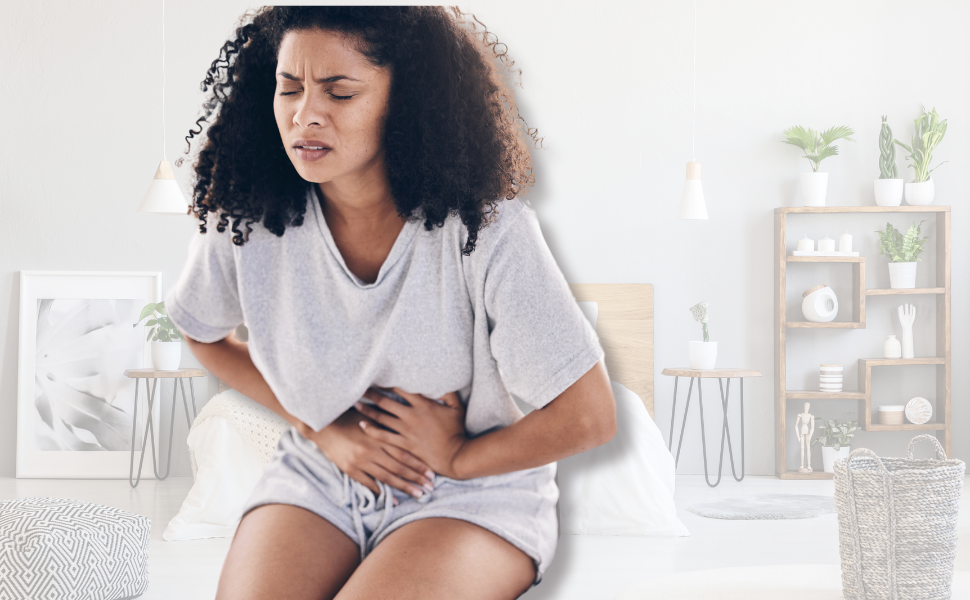
Heavy periods can take a toll, leaving you feeling exhausted and drained…literally. For some folks, their heavy menstrual cycle isn’t just inconvenient or uncomfortable. It can lead to anemia, a condition that impacts your energy and overall well-being.
If you have a heavy period, it’s important to understand how that affects your health and what you can do to manage it.
How Heavy Periods Lead to Anemia
Heavy periods, also called menorrhagia, are more than just a nuisance. They often last longer than seven days, involve soaking through pads or tampons frequently, and may even include large blood clots. All of this can lead to anemia.
Anemia happens when your body doesn’t have enough healthy red blood cells to carry oxygen to your tissues. This can leave you feeling weak, fatigued, dizzy, or faint. If heavy bleeding depletes your body’s iron levels faster than it replenishes them, anemia becomes a real risk.
I dealt with heavy periods caused by fibroids which made my flow much heavier than normal. The constant bleeding led to anemia, leaving me feeling like I was running on empty. It wasn’t until I had a hysterectomy at 45 that I found relief, but I’ll never forget the impact those heavy periods had on my life.
If you experience similar symptoms, you should have your iron levels checked regularly. Without intervention, anemia can create a cycle of exhaustion that’s hard to break.
What you can do to feel better
While heavy periods and anemia can feel overwhelming, there are ways to manage them effectively. Here are some steps to help you regain energy and take control of your health:
Monitor Your Iron Levels
Regular blood tests can help you and your doctor keep an eye on your iron levels. If they’re low, your doctor might recommend iron supplements. A tip: Take your iron supplements with food to minimize an upset stomach. You should also pair your supplements with vitamin C-rich foods (or another supplement) to improve absorption.
Eat Iron-Rich Foods
Your diet plays a big role in preventing anemia. Incorporate foods rich in iron to support red blood cell production and maintain energy.
Some great options include:
- Kale and other leafy greens
- Lentils and beans
- Red meat
- Fortified cereals
- Pumpkin or sunflower seeds
Like with the supplements, pairing these with foods high in vitamin C, such as bell peppers or strawberries, can enhance iron absorption.
Stay Hydrated
Dehydration can worsen fatigue and leave you feeling even more run-down. Drinking plenty of water, especially during your period, helps your body function smoothly.
Rest When You Need To
Heavy periods and anemia can leave you feeling like you’re running on fumes. Listening to your body and permitting yourself to rest can make a big difference. Short breaks, power naps, and saying “no” a little more, can help restore energy.
Track Your Period
Using a period tracker app or a journal will help you spot patterns in your symptoms and flow. Knowing what’s normal for you makes it easier to communicate with your doctor and get the right care.
If you’re struggling, don’t hesitate to reach out to a healthcare professional. Heavy periods don’t have to rule your life. Taking proactive steps can help you reclaim your energy and feel more in control.

